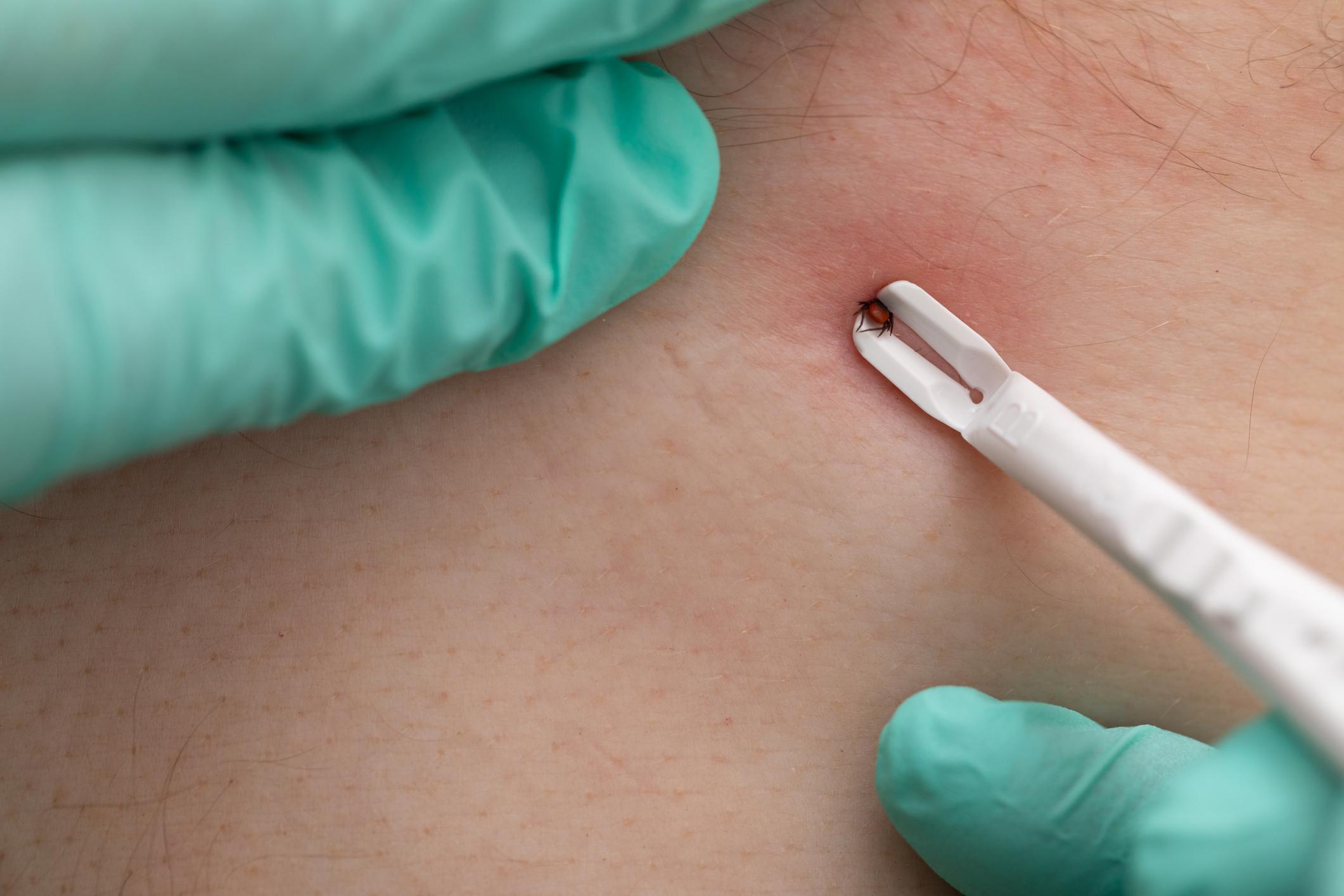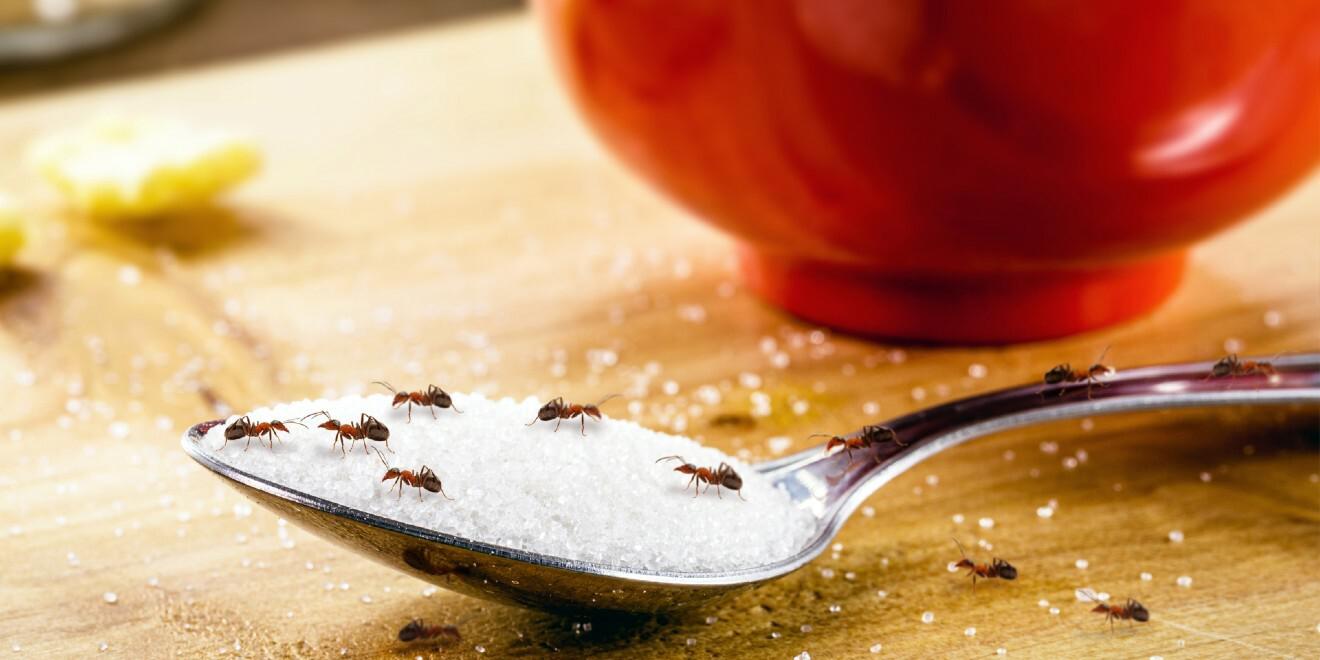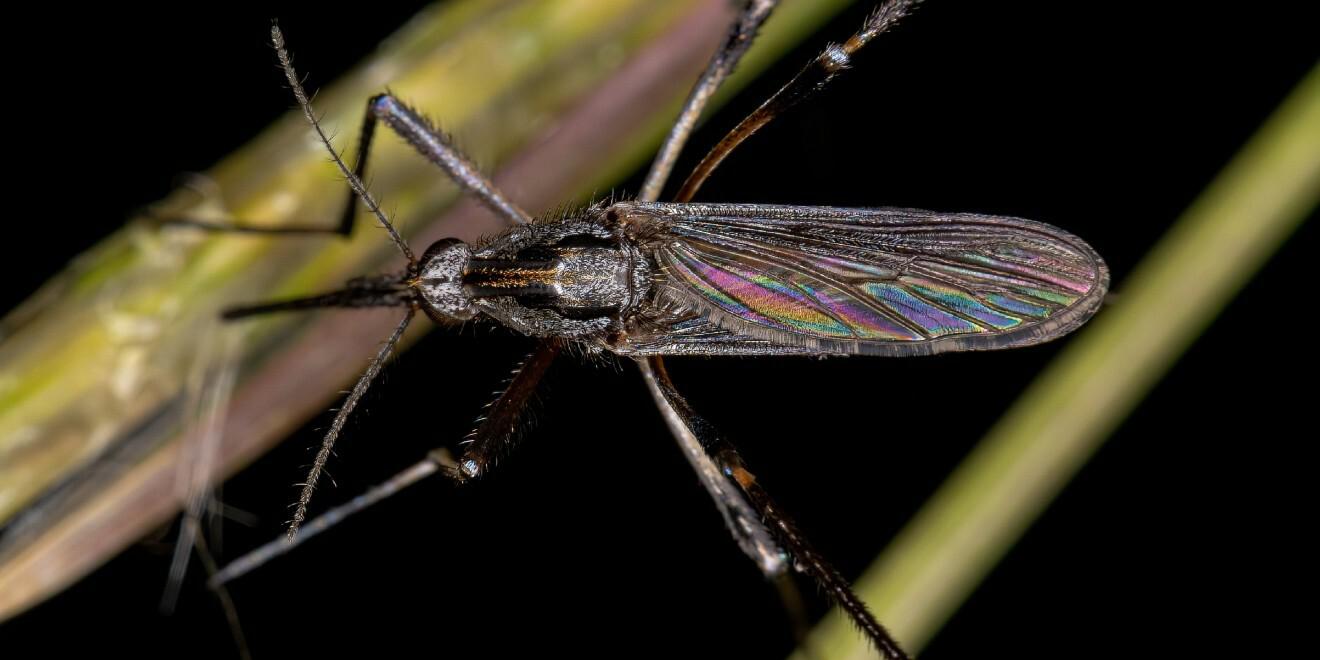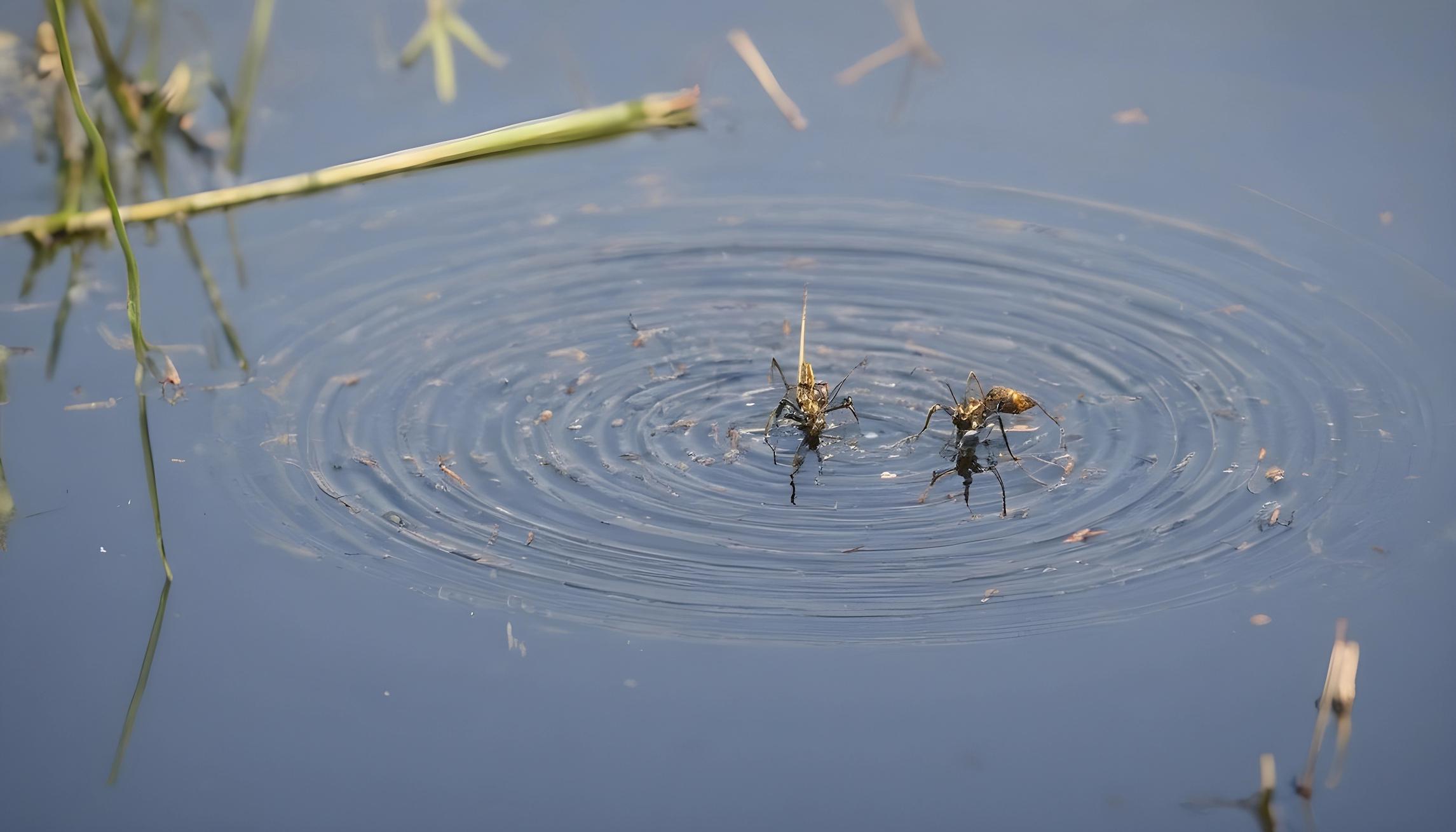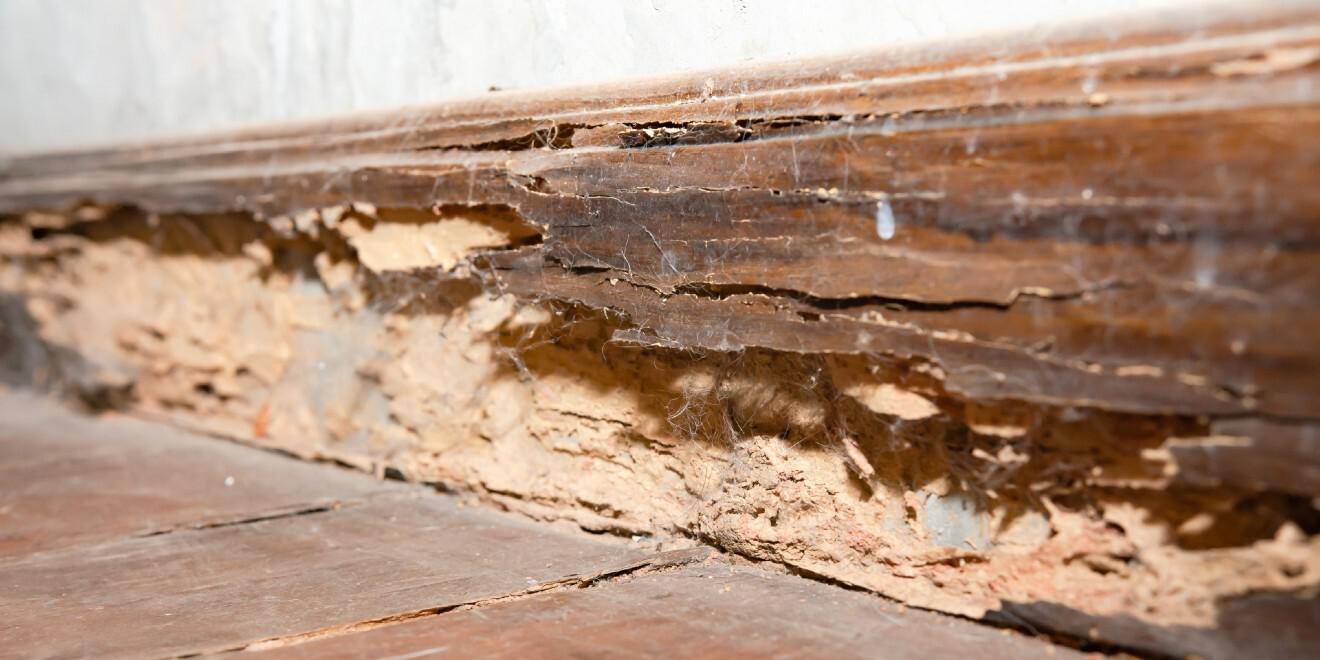How Does Weather Impact Mosquitoes in Plymouth and Bristol County?
Posted by Mosquito Squad
July 24, 2018

Everyone knows mosquitoes like hot, humid weather. But, not everyone understands all the reasons why weather impacts mosquitoes so dramatically.
Did you know that mosquitoes are cold-blooded?
Taking us all the way back to fifth-grade science and a few facts we have easily forgotten over the years, a cold-blooded animal does NOT produce its own body heat. These animals need warmth from the sun and the air temperature to gain energy for basic everyday function. Once the weather is too cool, they go into a lethargic state or in some cases hibernate.
In the mosquito’s case, most adults will die in subfreezing temperatures if they haven’t found a place to keep warm and dry for hibernation.
Why Don’t Mosquito Populations in Massachusetts Go Extinct in Winter?
Mosquito eggs, however, can survive freezing temperatures and will hatch in the spring when the weather warms up and water is plentiful. Between those pesky eggs and the mosquitoes that hibernate, there are plenty of mosquitoes in the spring to repopulate. With only a week from egg to adult during the best weather, it doesn’t take long to create mosquito infestations during summer.
Why is Humid Weather Better for Mosquitoes than Dry Weather?
We have talked extensively about how standing water can create a habitat for mosquito population growth. So, when there has been a lot of rain during the warm, summer months, mosquito populations grow rapidly.
But humid weather plays a different part. In humid weather, the moisture in areas of standing water is less likely to dry up. Humid weather is also often a result of continuous, regular rain. In tropical destinations, it is common to have some rain, every day. During those conditions, it is almost impossible to be rid of every drop of standing water. While rainy periods are often a time when people don’t think much about mosquitoes, it is actually the most important time to be vigilant about the Ts of mosquito control in your yard.
Mosquitoes don’t just drink blood. Males feed on nectar and water exclusively, and females also drink nectar and water. If there is a drought, mosquitoes just can’t survive the lack of food supply.
Many types of mosquitoes are quiet during the hottest/dryest part of the afternoon, but then come out again near dusk and dawn. To learn more about the interesting habits of these annoying pests, read our mosquito facts page.
With Massachusetts weather being unpredictable year-to-year, month-to-month, day-to-day, and hour-to-hour, continuous regular mosquito control service is the best method of preventing a mosquito infestation when the weather is ideal. We offer season-long mosquito barrier treatments to keep your summers mosquito-free and fun!










